Not everyone responds well to existing stimulant medications, which makes finding an effective treatment for ADHD challenging. A new clinical trial, however, has shown that a drug called solriamfetol can reduce ADHD symptoms by a significant 45%. Considering that this condition affects around 15.5 million American adults, finding a treatment that is effective and safe is crucial.
What Is ADHD?
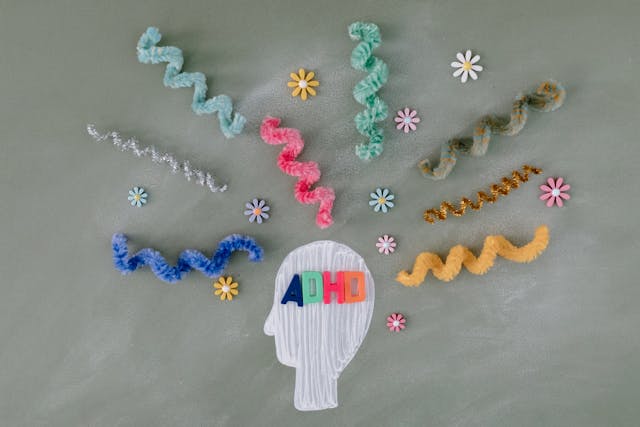
ADHD stands for attention deficit hyperactivity disorder, a condition characterized by an inability to focus and pay attention, hyperactivity, and impulsivity. While many of us may have moments throughout our day where we find it hard to focus, for those with the condition, it can seriously affect their daily lives. According to the president of the American Professional Society for ADHD, Dr. Gergory Mattingly, “ADHD substantially impairs social, academic and occupational functioning, while negatively impacting patient quality of life and increasing the risk of morbidity and mortality”.
Current ADHD Treatments
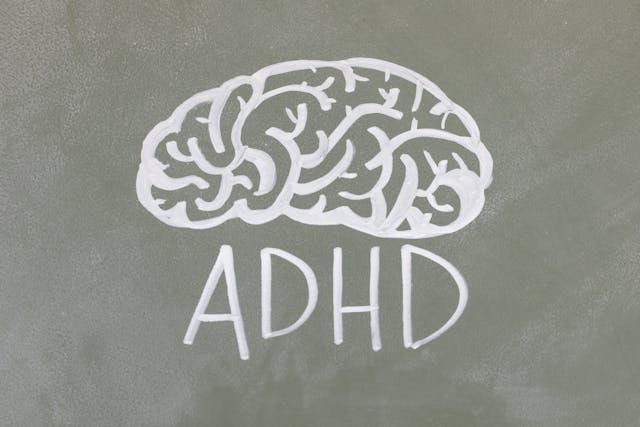
The most commonly prescribed medications for ADHD are currently stimulants, such as methylphenidate and amphetamines. Yet, these drugs aren’t equally effective for everyone, and some people even experience serious side effects. These side effects include anxiety, raised heart rate, and substance dependence and abuse. While there are non-stimulant alternatives available, these often take a while to start working or are not as effective. Yet, the demand for safe and effective treatment continues to grow.
Novel ADHD Management Treatments
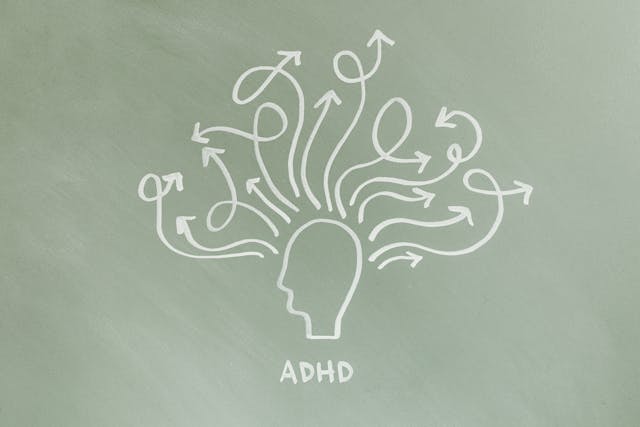
This is where the new Axsome Therapeutics Phase 3 FOCUS trial enters the picture. The study sought to evaluate the effectiveness of solriamfetol as a potential ADHD treatment for adults. Solriamfetol is typically used to treat excessive daytime fatigue associated with obstructive sleep apnea and narcolepsy. However, it has recently started to gain attention due to its particular mechanism of action. Existing stimulant medications work by raising dopamine levels through direct release. Solrriamfetol, though, is classified as a dopamine and norepinephrine reuptake inhibitor (DNRI). It additionally has effects on the serotonin 5-HT1A receptor as well as the trace amine-associated receptor 1 (TAAR1).
The FOCUS Trial

The FOCUS trial comprised 516 people with ADHD who randomly received either 150 mg or 300 mg of solriamfetol or a placebo once a day for a period of six weeks. The trial achieved its main objective by establishing a statistically significant decrease in ADHD symptoms. Patients who received 150 mg of solriamfetol saw a 17.7-point decrease in their AISRS scores from baseline. In comparison, a 14.3-point reduction was recorded in the placebo group. This revealed a 45% mean reduction in ADHD symptoms. It was also found that Solriamfetol decreased the overall severity of ADHD in addition to reducing symptoms.
Read More: How Childhood Trauma Could Be Mistaken for ADHD
Finding the Optimal Therapeutic Level

While the larger 300 mg dose demonstrated improvements over placebo, the differences were not statistically significant. This shows that the 150 mg dose may be the most effective therapeutic level. According to Mattingly, “The results of the FOCUS trial demonstrate that solriamfetol was able to reduce mean ADHD symptom burden by nearly 50%, which contributed to significant reductions in disease severity. These results are especially promising as part of a comprehensive wellness plan for individuals with ADHD”.
The Future of Solriamfetol and ADHD
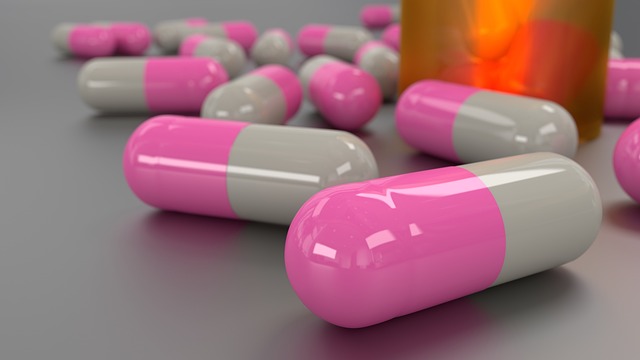
As of yet, the Axsome company has not announced a timeline for regulatory FDA approval filing for the medication’s use in treating ADHD. Even though it has proven to be safe and effective, there are still further steps that need to be taken before it can be approved as an ADHD treatment and made widely available. The next step is to test the efficacy of the drug in other groups with a pediatric trial. If these trials prove to be a success, it could significantly change the way younger children are currently treated.
Natural Alternatives

For people looking for natural ways to control ADHD symptoms, there are many options that may help with focus and mental wellness. Regular exercise and mindfulness meditation have been shown to help with focusing the mind. A nutrient-dense diet, particularly foods rich in omega-3 fatty acids, magnesium, and zinc, has been demonstrated to improve brain health and attention. Herbal supplements like ginkgo biloba, bacopa monnieri, and green tea extract are also used to improve cognitive performance. However, additional studies are required to prove their efficacy for ADHD. As usual, communication with a healthcare physician before beginning any new supplement or natural treatment regimen is recommended.
The Bottom Line
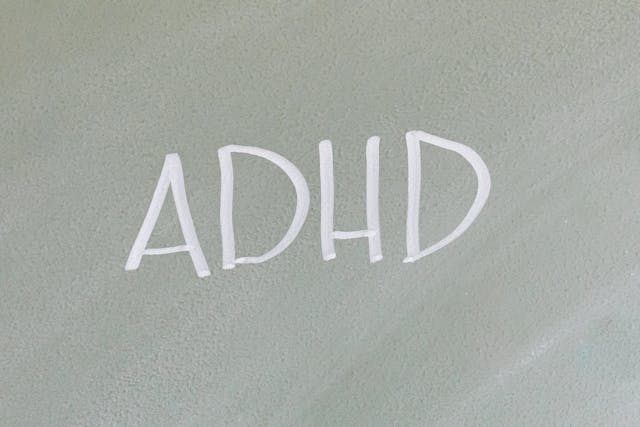
In comparison to other existing and new ADHD treatments, solriamfetol’s mechanism differentiates it from conventional stimulant drugs. Other newer treatments have also shown significant promise, such as Supernus’ Qelbree (viloxazine). However, these medications come with their own unique list of side effects. The founder of Axsome Therapeutics, Dr. Herriot Tabuteau, stated, “We are pleased with the positive results of the FOCUS trial, which provide the first evidence from a multicenter controlled trial of the efficacy of solriamfetol in the treatment of ADHD”. Hopefully, if all goes to plan, we will see this medication on the market soon.
Read More: Woman Diagnosed with ADHD Later in Life Reveals Three Key Traits Often Overlooked
Disclaimer: This information is not intended to be a substitute for professional medical advice, diagnosis or treatment and is for information only. Always seek the advice of your physician or another qualified health provider with any questions about your medical condition and/or current medication. Do not disregard professional medical advice or delay seeking advice or treatment because of something you have read here.

